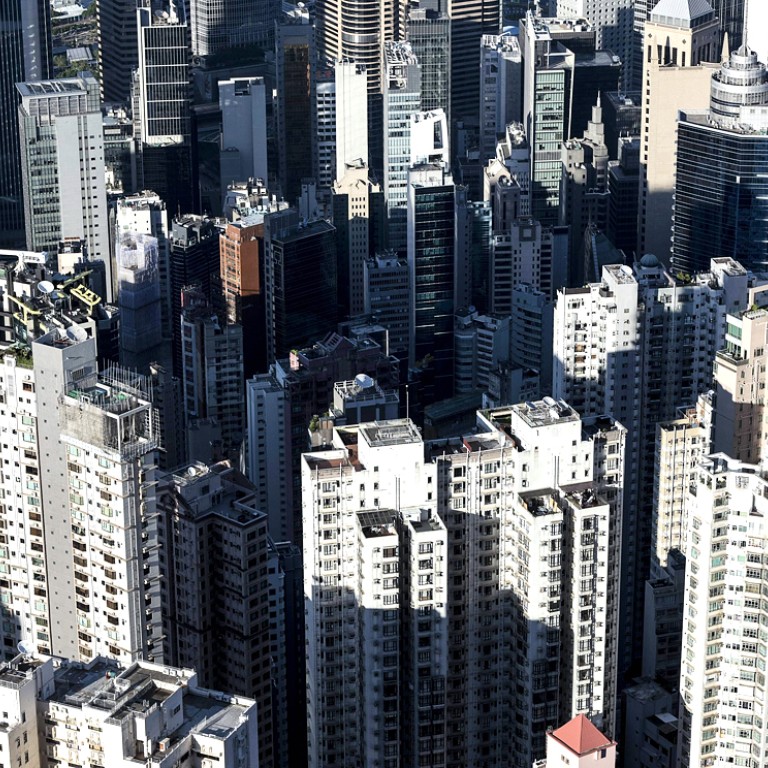
More homebuyers opting for cheaper Hibor-based mortgage loans
Homebuyers shun banks' standard mortgage offerings in favour of the lower interest on products set in line with the local money market rate
Homebuyers are increasingly seeking to finance their purchases with loans based on the lower interest rates in the Hong Kong interbank offered rate market.
The percentage of mortgage applicants opting for loans priced with reference to Hibor - the wholesale money market on which banks raise their funding - rose from 42 per cent in January to 77 per cent in June, Hong Kong Monetary Authority data shows.
Of the total approved mortgage loans of HK$25 billion in June, only 21 per cent were priced with reference to best lending rates, down from 26.4 per cent in May.
"With more clients tending to use Hibor products offered by banks, the July figure is highly likely to have increased to 80 per cent, with the possibility of it rising to 90 per cent in the fourth quarter," said Sharmaine Lau Yuen-yuen, the chief economic analyst at mReferral Mortgage Brokerage Services.
Lau said the increasing popularity of Hibor products, now priced at 1.9 per cent, was because they were cheaper than those that referenced the best lending rate, or "prime rate" products, of 2 and 2.25 per cent.
Most banks offer mortgage rates at 2.75 to 3 percentage points below the prime rates of 5 to 5.25 per cent.
Interest rates on Hibor-based mortgage plans are usually one-month Hibor plus 1.7 percentage points. That translates into an effective rate on a home loan of as low as 1.91 per cent based on the one-month Hibor of 0.21 per cent on Monday.
Since Hibor is a floating rate and it exposes borrowers to the risk of rising borrowing costs, lenders offer a "cap" on borrowing costs equivalent to the discounted prime lending rate.
At present, these caps, according to mReferral, are set at about 3.1 percentage points below the 5.25 per cent prime rate, which would bring the repayment on a Hibor-based loan more or less back into line with conventional mortgage loans priced at a discount to prime.
"Homebuyers opting for this plan not only to maximise interest saving but the interest rate cap will also provide extra protection in case interest rates reverse to an uptrend cycle," Lau said.
Investors still expect US Federal Reserve policymakers will hold off on raising rates until the middle of next year, but pressure is building on the central bank to lay the groundwork for its first interest rate increase in nearly a decade. Those higher rates would flow through to Hong Kong due to the currency peg, and markets are beginning to reprice the risk of an earlier than expected rise in US interest rates.
Lau said she expected the migration to Hibor products would continue, with the percentage of such mortgages returning to the record 92.2 per cent seen in 2010
Ivy Wong Mei-fung, the managing director of Centaline Mortgage Broker, said Hibor-based plans started to shoot up when banks offered a cap on borrowing costs to reduce borrowers' risk in the event of rising interest rates.
"Some banks are also offering the Hibor-based mortgage plan linked with deposits," Wong said. "Under the plan, borrowers will enjoy a savings rate the same as the home loan rate."
That would be attractive because the traditional deposit rate is close to zero.

